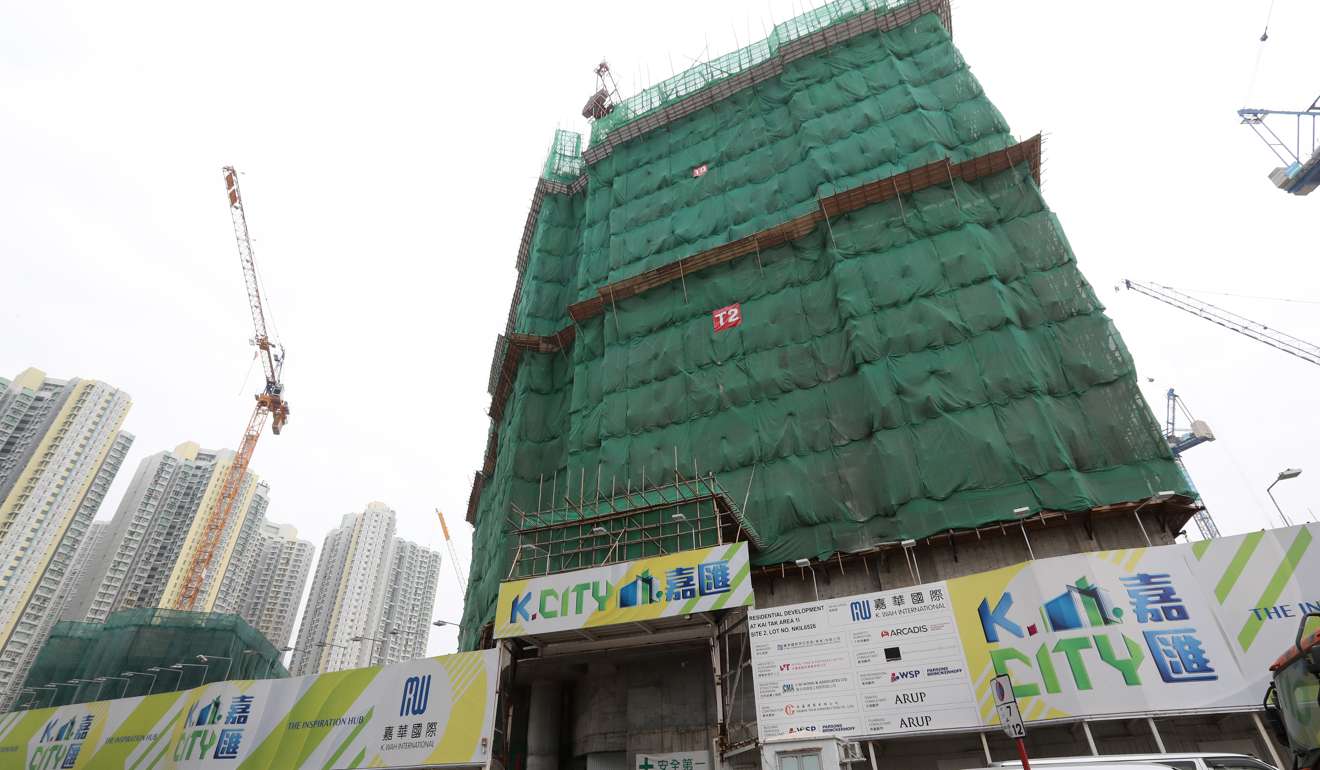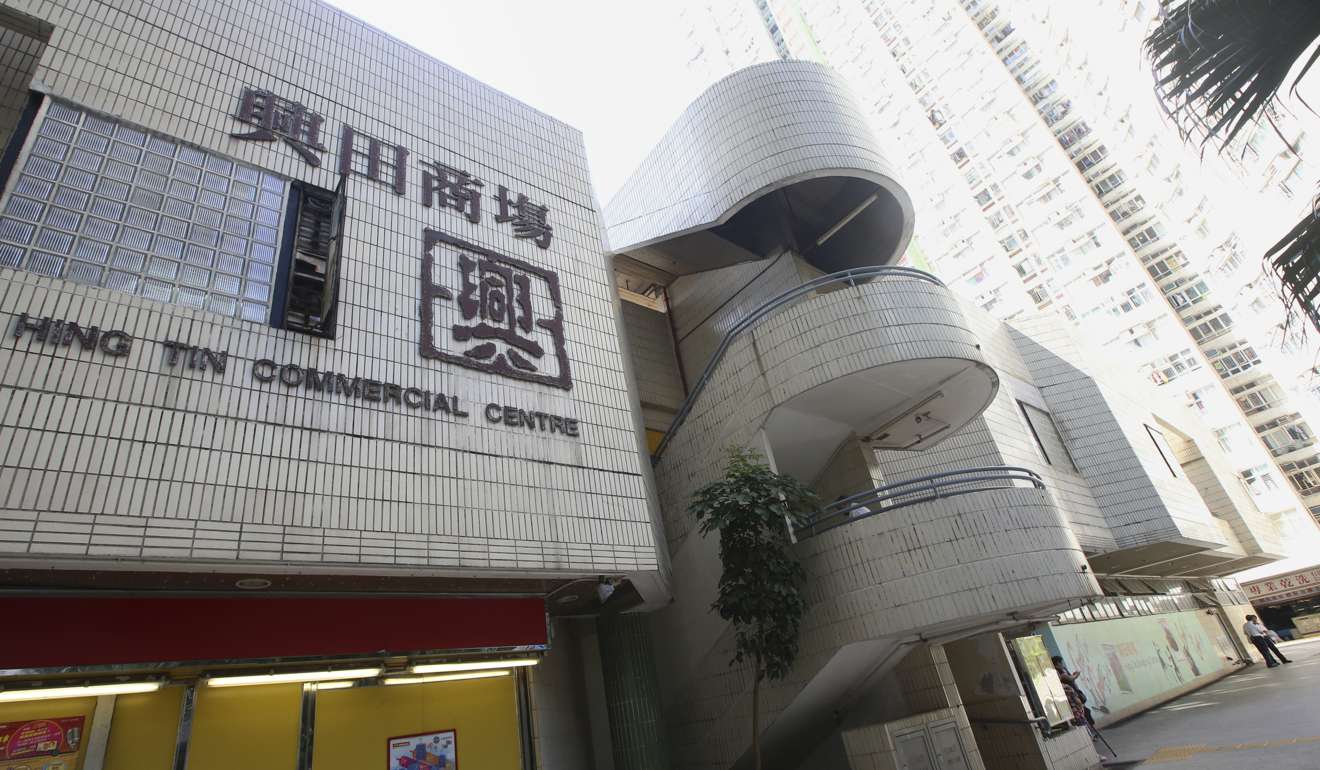
How to pick the likely winners and losers if the Fed decides to lift interest rates in March
An imminent increase in US rates now appears possible after US Fed Chair Janet Yellen last week said it would be “unwise” to wait too long to increase them
A potential interest rate rise, which may come as early as next month, is not good news for Chinese A-shares and Hong Kong property stocks, while banking and export stocks could be winners, according to analysts.
An imminent increase in US interest rates now appears possible after US Fed Chair Janet Yellen last week said it would be “unwise” to wait too long to increase them.
The remark helped ignite a recalibration in markets such that many now believe action may be taken at the Fed’s monthly policy board meeting which gets underway on March 14. Previously, the market has expected a rate tightening in June at the earliest.
“Before Yellen’s remark, the Fed Fund futures was pricing in the chance of a March rate increase at 17 per cent. It has now risen to about 25 to 30 per cent. This reflects that it is not impossible to have a rate rise as early as March,” said Lo Cho-yan, Chief Strategist, King International Financial Holdings.
Analysts believe a rate rise would be bad news for A-shares as a whole.

“The concern with A-shares obviously is whether or not more funds will flow out of China, as mainland investors look for better returns elsewhere,” said Ken Wong, Asia equity portfolio specialist at Eastspring Investments
“With the rise in interest rates, Hong Kong developers could lag behind especially if Hong Kong follows suit in tightening base lending rates. As a result, Hong Kong landlords could outperform Hong Kong developers this year over the uncertainty of interest rates,” Wong said.
Wong said if the US does raise interest rates quicker than anticipated this year, given the stronger than expected US economic growth cycle, this could actually benefit exporters in Hong Kong and China. “With a stronger US economy, most would expect the US consumer to consume more, which would no doubt benefit manufacturers, suppliers and exporters who would see an unexpected rise in its earnings growth as a result of the pick up in demand from the US,” Wong said.
Lo believes the biggest winners would be banking stocks as a rate rise would widen their interest margin.
“The biggest losers would be Hong Kong property stocks. Property prices have risen substantially. If there would be an interest rate rise in the US, which under the peg Hong Kong would need to follow, it would hurt the property price and hence property stocks,” Lo said.
Mark Konyn, chief investment officer of AIA Group also believes there would be “a meaningful probability of a rate rise in March” although the consensus view is for a rate rise to come later in the year.

Konyn believes the biggest losers would be real estate investment trusts (Reits), which is a pool of property holdings that can deliver stable rental income to investors.
“Real estate investment trusts have proven popular with retail investors in Asia and rising rates will cause investors to revisit this theme as their attractiveness reduces,” he said.
Konyn said the rising interest rates in the US has not affected investment sentiment in Asia as corporate earnings, in many instances in Asia, are improving.
“In the past several weeks, international flows have returned to both emerging market debt and equity, and follows a reallocation to higher yielding bonds in the US,” Konyn said.
United States President Donald Trump is planning to use tax cuts and other fiscal measures to boost the economy which may lead to rising inflation expectations. As a result, the market now expects a 45 per cent chance for three interest rate rises by the end of the year. This would end the cheap interest rate era. The Fed lifted rates in December, reflecting only its second rate rise in the past decade.
However, some analysts believe inflation will remain contained.
“After nine years of hoping and praying for inflation, I don’t think we will be confronted with uncontrollable runaway inflation that can’t be managed,”said Brett McGonegal, chief executive of Capital Link International.
“Hong Kong property names will come under pressure as the last thing they want is higher rates through the dollar peg. The sector will have to pull even more rabbits out of their hat if rates start increasing. The banks will benefit most as a steepening yield curve increases spreads on their loan books,” McGonegal said.
“We have seen banks lead the recent stock market rally which is telling us people are positioning for loan margin expansion. It is also telling us most importantly in China’s case there is no financial doom pending as many China bears have been predicting,” he added.

